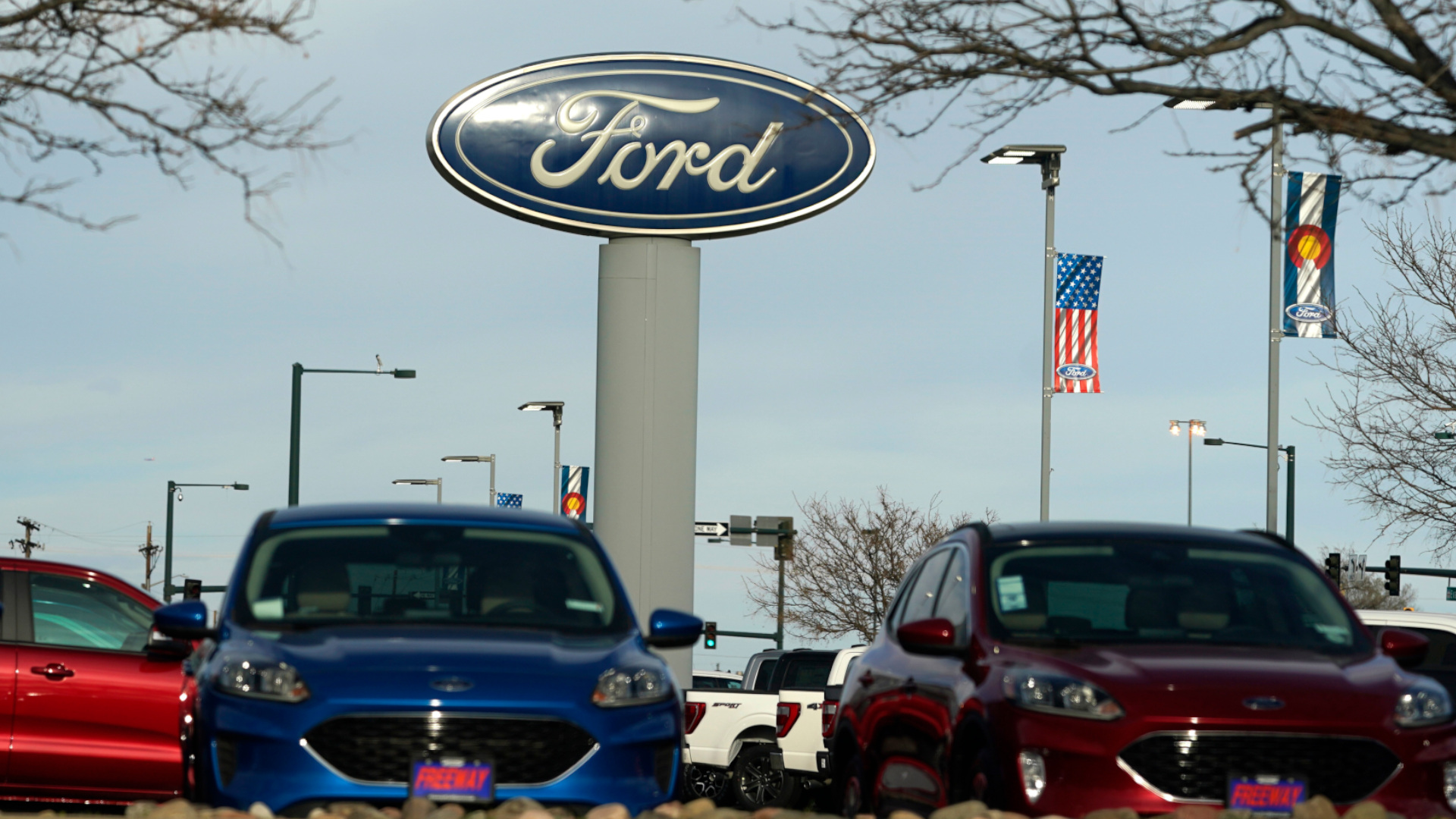

The shift to electric vehicles is now well on its way, and Ford CEO Jim Farley says more changes are coming. Farley said it’s time to change the dealer model and to look more seriously at direct, online-only sales, according to transcripts from Seeking Alpha.
“We’ve got to go to non-negotiated price. We’ve got to go to 100 percent online,” Farley said. “There’s no inventory (at dealerships), it goes directly to the customer. And 100% remote pickup and delivery.” The comments come from Farley’s appearance at the Bernstein 38th Annual Strategic Decisions Conference held this week.
The radical change wouldn’t sideline existing Ford dealers; Farley mentioned how it could work. “I think our dealers can do it,” he said. “(But) the standards are going to be brutal. They’re going to be very different than they are today.”
It’s not an original idea; Farley credits Tesla for its pioneering direct sales approach, along with many Chinese automakers. The CEO quoted estimates that it costs Ford around $2,000 more per vehicle to run its current distribution model versus Tesla’s dealer-free method. Around two-thirds of that added cost is in advertising and the inventory costs of cars sitting on dealer lots.
Farley rammed home the point that advertising could be a crapshoot at times. The CEO highlighted that the recent sales success of the Mustang Mach-E and F-150 Lightning was achieved without a major advertising push. He quoted customer loyalty as key to maintaining this, rather than advertising.
“Our model is messed up. We spend $600 or $700 on the vehicle to promote it and we spend nothing post-warranty on the customer experience,” said Farley. He also noted that big showpiece ads aren’t a silver bullet: “If you ever see Ford Motor Co. doing a Super Bowl ad on our electric vehicles, sell the stock.”
Making changes to the established dealership model is not easy. Dealers are a powerful group with significant political influence and lots of money to spend on protecting their interests. In some jurisdictions, direct sales are outright banned, forcing automakers to get creative to work around the rules. Dealers are accustomed to getting their pound of flesh and are guarded about anything that might change that.
Thus, if Ford wishes to switch to an online-only model with straightforward pricing, it may have a fight on its hands. However, if done carefully in a way that still involves dealers, it could just work. The Michigan-based automaker would need to find a way to sweeten the deal for dealers. After all, such a move would remove any opportunity for selling vehicles above MSRP while also limiting the chance for dealer-based upsells.
The dealer network is critical for customers when it comes to aftersales service. Ford will still need dealerships to provide logbook maintenance and handle warranty claims, for example. These interactions have a significant impact on customer perception of a brand. Having dealers competing for customer dollars is a natural way to ensure this service remains of a high standard, even if sales themselves move to a direct model.
Shifting to online sales will not be easy. Even if Ford has a great model in mind, it will still need to win over dealers across the country or else find some magical way to sidestep them altogether. Regardless, with Tesla and others hinting at the success possible in this area, it’s clear that it can be done with enough will.
Got a tip? Let the author know: lewin@thedrive.com